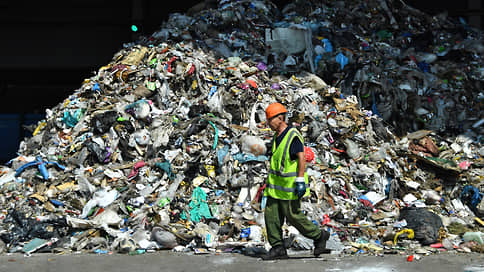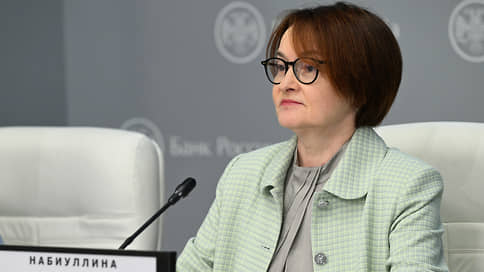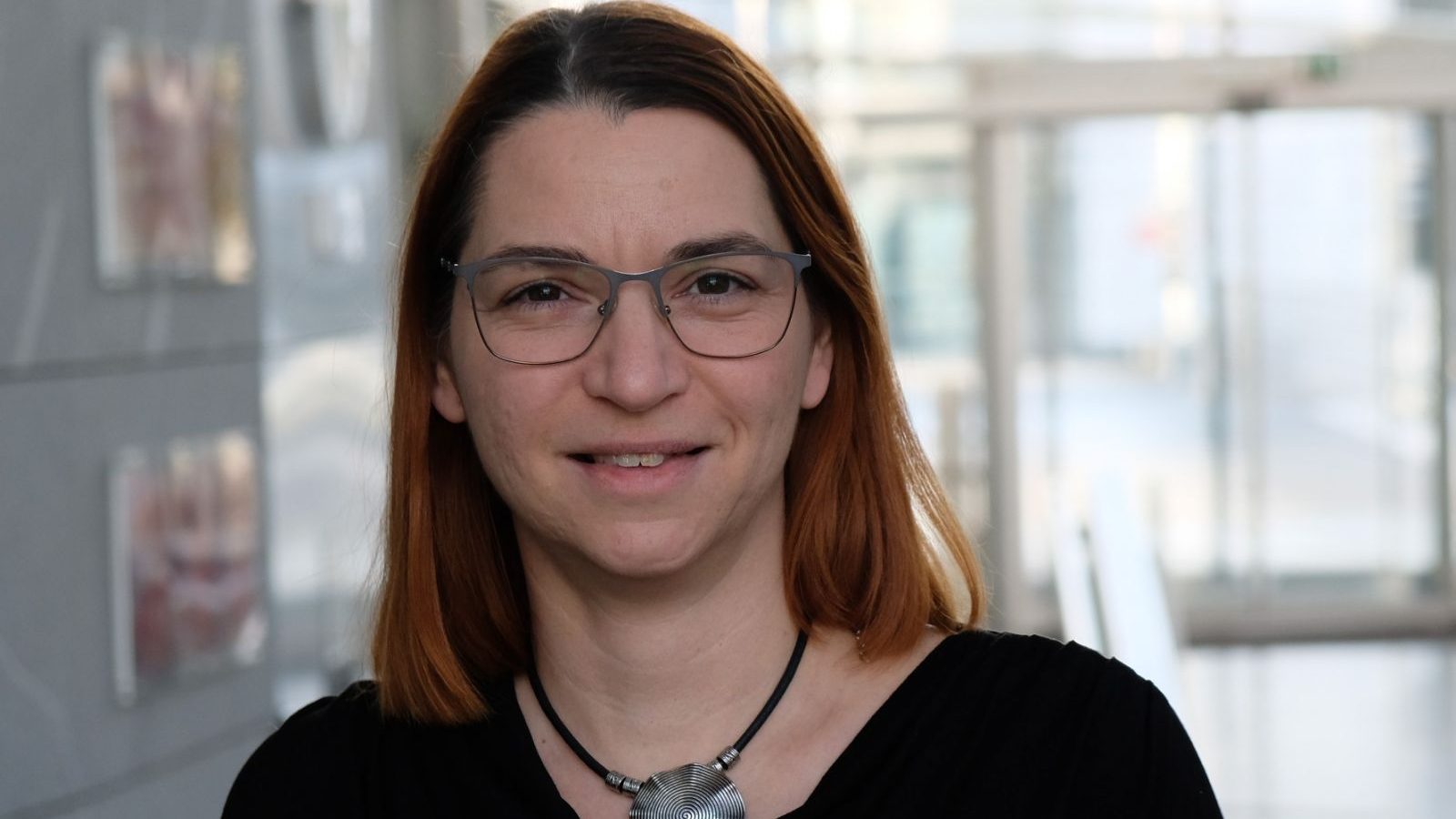FAS changes the rules for regulating tariffs in the field of MSW handling

Regulators describe the details of the introduction into the “garbage reform” of technology, which allows you to fulfill the norms for the disposal of municipal solid waste (MSW) – this is the production of organic waste of artificial soils. However, the demand and payback of their issue is not obvious, therefore, the Federal Antimonopoly Service intends to specify the costs of regional operators by the introduction of tariff regulation, and the Ministry of Natural Resources will require the regions of guarantees for the demand for the product of such utilization. It is assumed that these restrictions should be forced to develop alternative methods for the disposal of the organic component of MSW.
The Federal Antimonopoly Service (FAS) has developed a draft government decree changing the rules for regulating tariffs in the field of MSW handling – with the approval of the White House, it should earn from September 1, 2025. The document includes waste disposal costs by the production of artificial soils and energy utilization (garbage plants) in the necessary gross revenue of regional operators and provides for both the adjustment of tariffs depending on the volume of artificial soil and the possibility of early revision of the unified tariff for the service of the regional operator for the treatment of MSW. In essence, the fact that re -operators will be able to mix the most difficult organic components of MSW with the ground for the production of “artificial soils”, which will allow them to fulfill the requirements for involving at least 25% of waste without expensive investment projects for more efficient use of household organics.
As “Kommersant” explained to the FAS, the TCO tariffs for the population will still be limited to limit indices.
De facto will allow the regenerators to “issue an invoice” for the production of artificial soils to the regions, but in a limited volume-this will require the mandatory availability of measures in regional programs aimed at their use. The Russian Ecological Operator, responsible for the “garbage” reform of the PPK “Russian Ecological Operator”, notes that “it is necessary to create additional incentives in order to involve products made of secondary resources into circulation, including through public procurement”, although they recognize the need to increase the depth of organic waste processing.
The regulatory framework is developed: April 8 Ministry of Natural Resources The draft government decree published on regulation.gov.ru, which establishes minimal values of extraction at the processing facilities of secondary resources directed for disposal: for capacities created before September 1, 2025, this is 10% of the waste mass, for new facilities – 13% with a capacity of up to 100 thousand tons per year and 15% at a larger one. The same document requires “extracting the organic part of MSW at least 30% of the mass” for the production of artificial soils.
The difficulty of disposing of a MSW is that the sorting system is not built in the Russian Federation is extremely difficult to correctly dispose of mixed waste.
Most often, MSW recycling is understood to be crushing mixed debris and using it as a selection at landfills – it is sometimes given out of the soil.
“With the adoption of the document, officials have formal grounds for reports that they fulfill or strive to fulfill the national goal of disposal. This allows you to lay these expenses in the tariff, which will affect consumers or on the budget of the regions, ”says the senior researcher at the Laboratory for the Development of IPEI RANEPAS Economics Sodnoy Budatarov. The FAS project does not have an assessment of the tariff consequences for the regions – it is not clear how much the tariff can change and who pays for this, says Ilya Dolmatov, director of the Institute of Economics and Regulation of the Higher School of Economics. In fact, the FAS determined the guaranteed source that will allow compensating for the costs associated with the disposal of MSW by the production of artificial soils or energy disposal.
However, there are experts that are positive: as Igor Kolesnikov from the Institute of the City Economics points out, the disposal of MSW through the release of artificial soils will involve more MSW in economic circulation and reduce the burial, and the costs of these activities will be redistributed. In this case, a single tariff determined from the necessary gross revenue of the re -operator may change as in bOthe smaller, on the basis of economically justified costs.
Optimism is generally divided by market participants. The proposed changes are a classic balanced system of economic whip and gingerbread, says Elena Vishnyakova, deputy general director of the Ecoline group. On the country’s scale, there is still a shortage of capacities for the disposal of organic waste, added by the General Director of the Eco -Development Criminal Code Yuri Platonov: complex capacities, including composting, deep sorting, is enough only in the Moscow region. According to the expert, composting will exclude from the burial and involve approximately 30% of the waste stream in the economic cycle, and the approximate growth of the re -operator tariff will be 5-15%.






